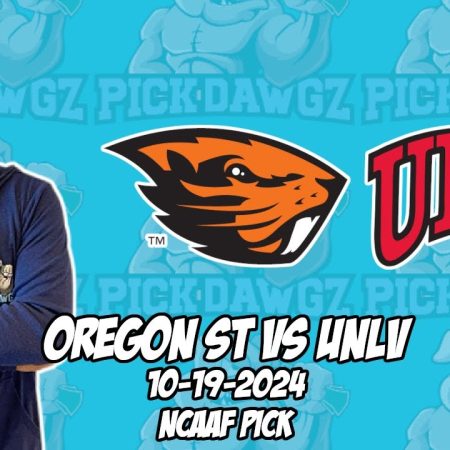Video Summary
In the world of sports betting, a hedge is a secondary bet made to ensure a win, guaranteeing a profit. It's a simple concept: betting on both sides of a game to guarantee a win, even if the initial bet doesn't pay off. For example, let's say you bet on the Kansas City Chiefs to win the Super Bowl at +600, but then bet on their opponent, the Eagles, to win the game outright. If the Eagles win, you'll win your bet, even if the Chiefs don't take the Super Bowl.
Hedging is beneficial because it guarantees a win, but it comes with a downside: it limits profitability, as you'll need to make a second, potentially larger, bet to equal or exceed your initial wager. Another example involves betting on Duke to win the regular season title, but hedging by betting on their opponent, North Carolina, to win the final game. To hedge successfully, your hedging bet must be more than the original wager, ensuring a win, but it's essential to manage risk and adjust bets wisely to maximize profit. With hedging, you can ensure a profit, even if your initial bet doesn't pay off.
Welcome to our new series “How To Bet Better” by Pickswise, where we'll be going over key terms to know for betting on sports.
Welcome to our new series “How To Bet Better” by Pickswise, where we'll be going over key terms to know for betting on sports.




















